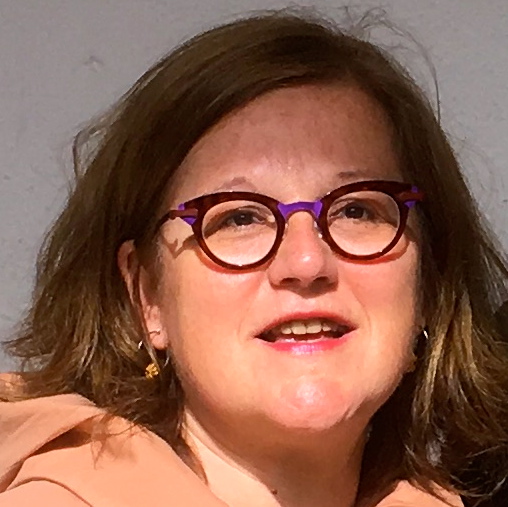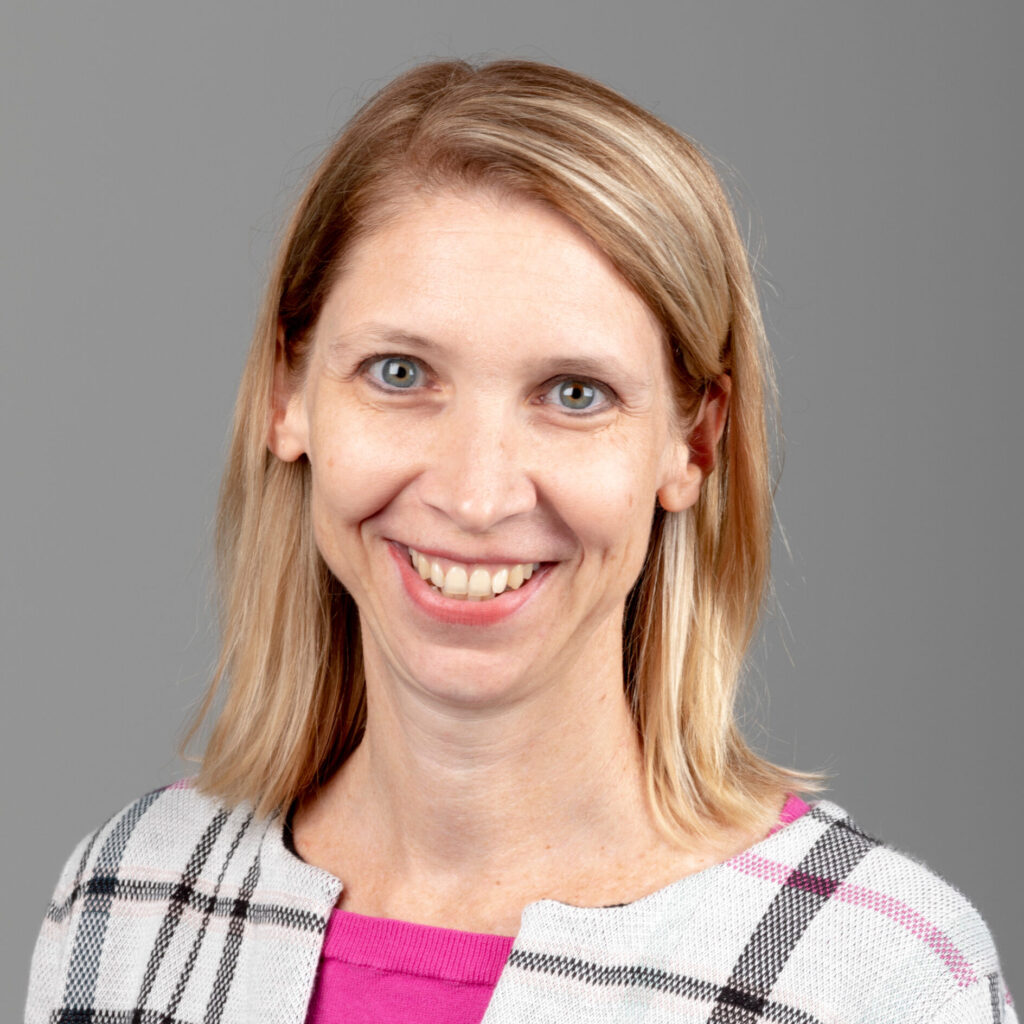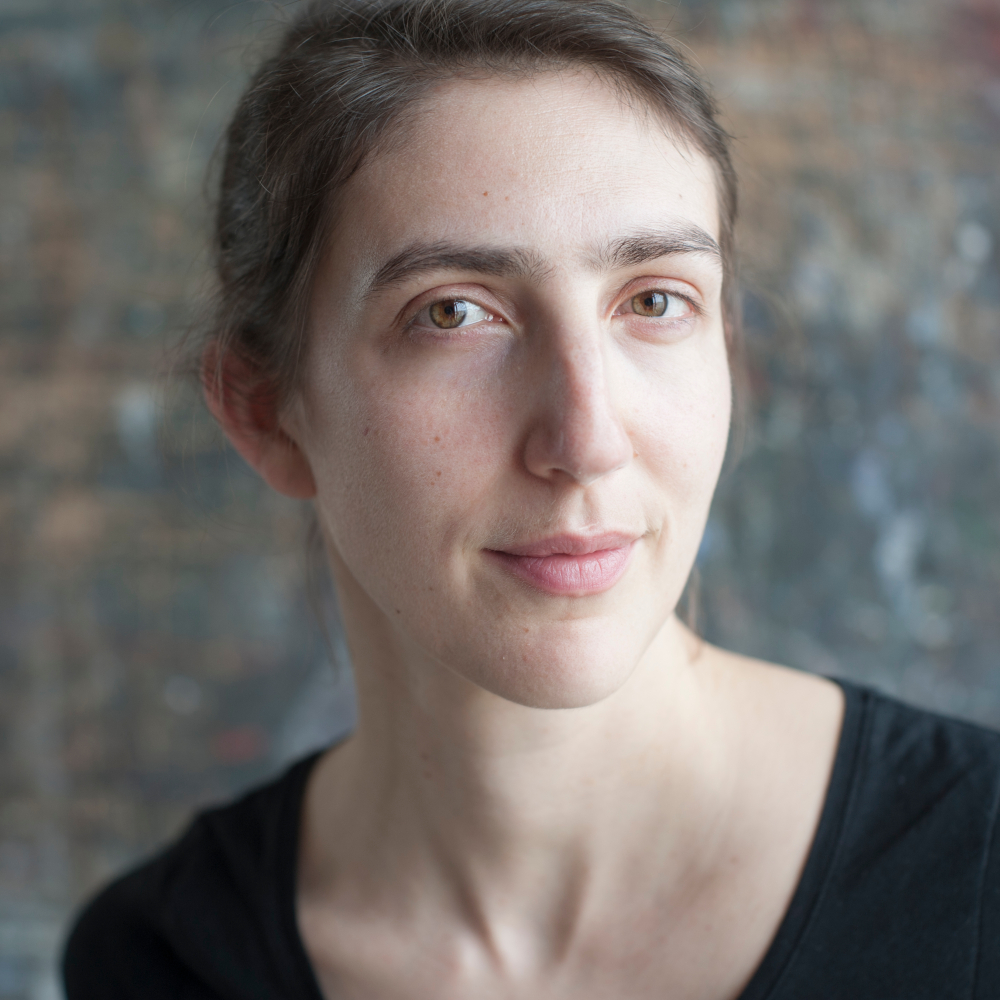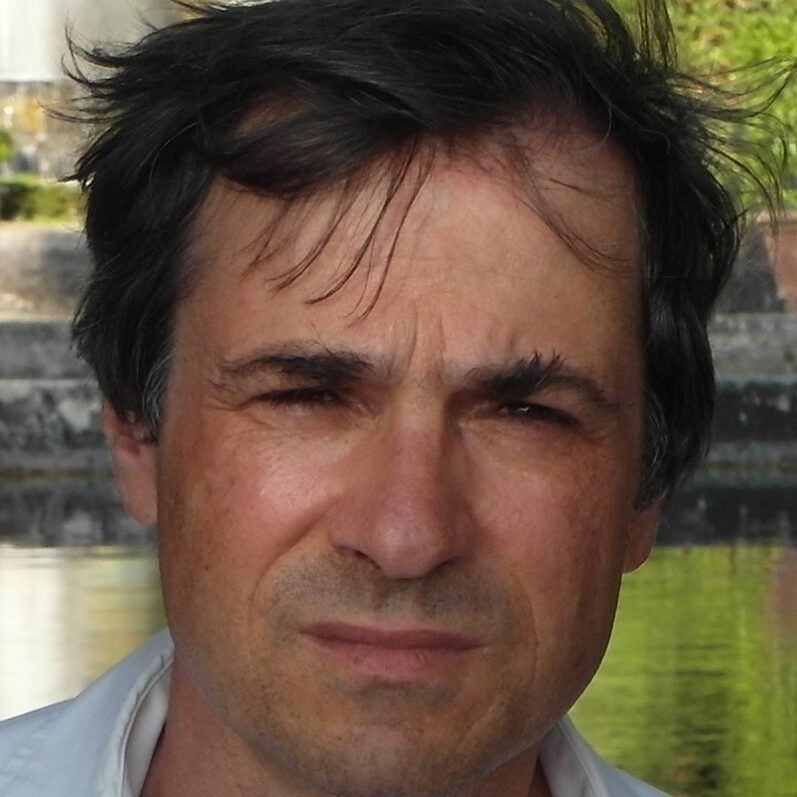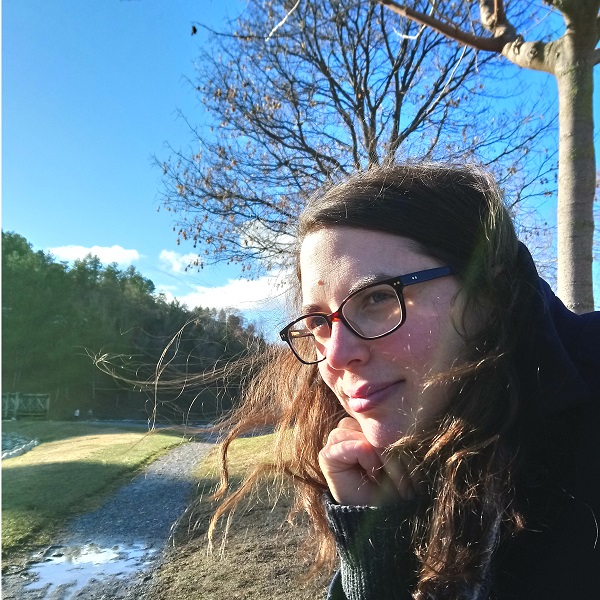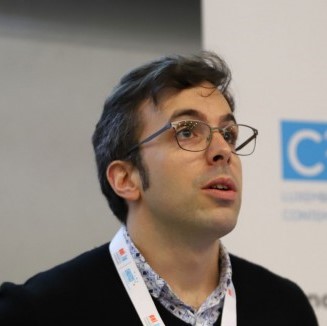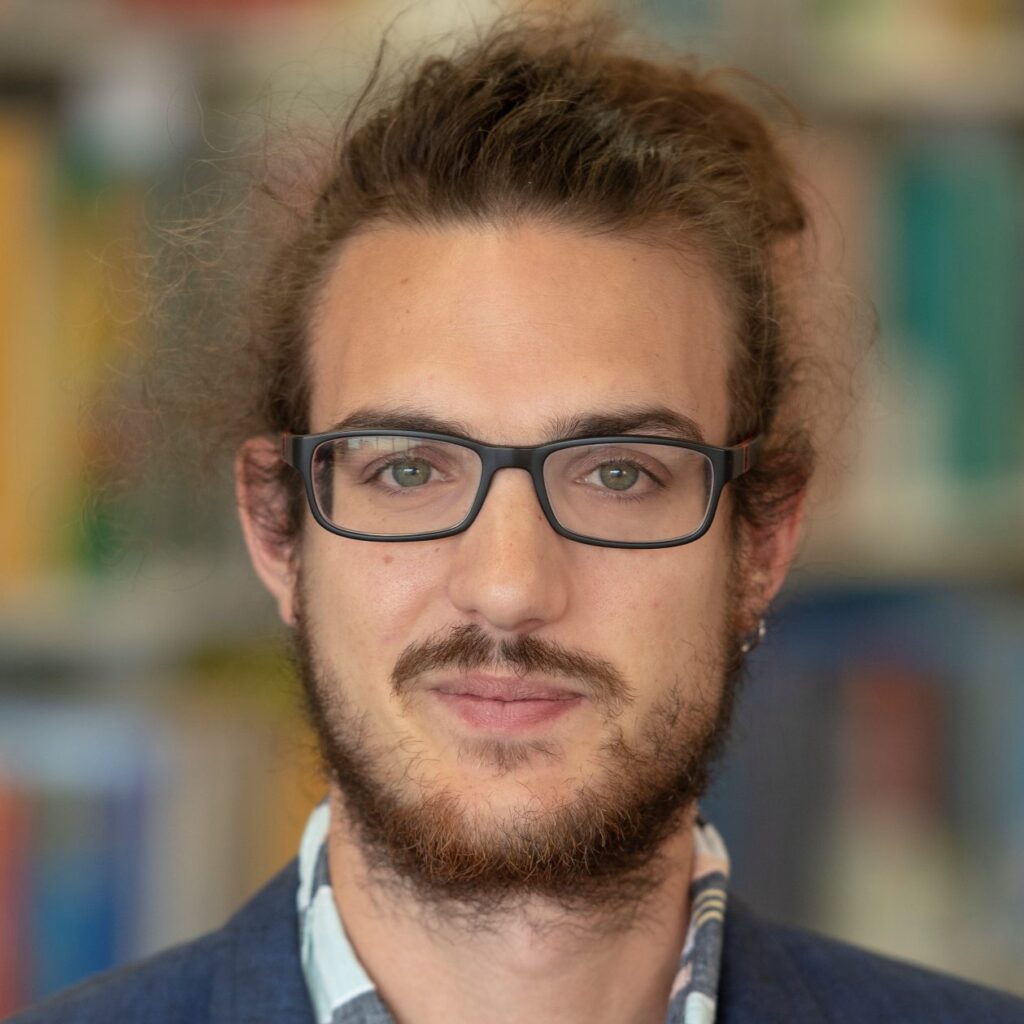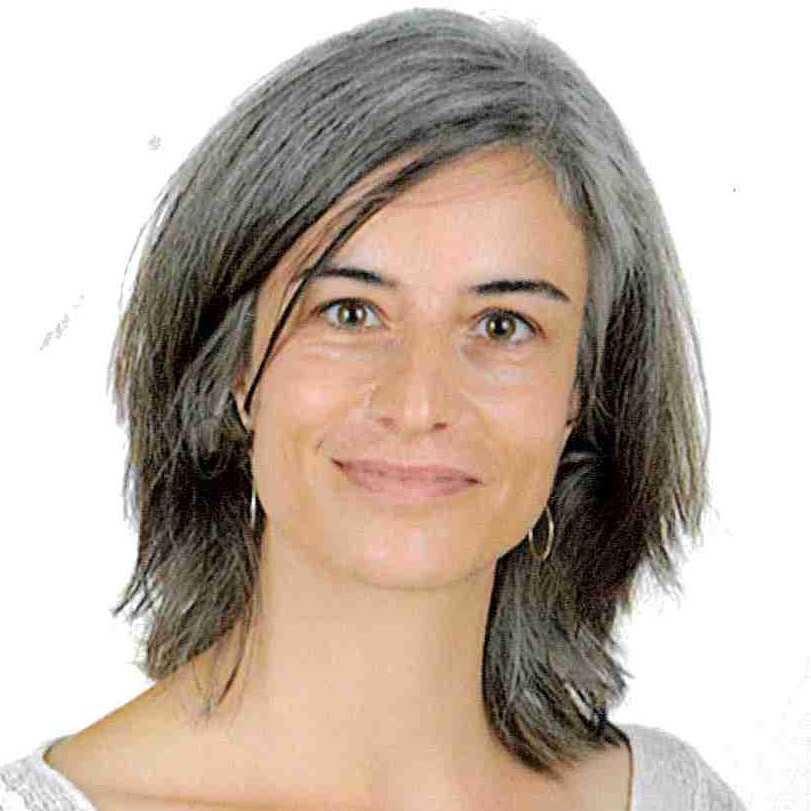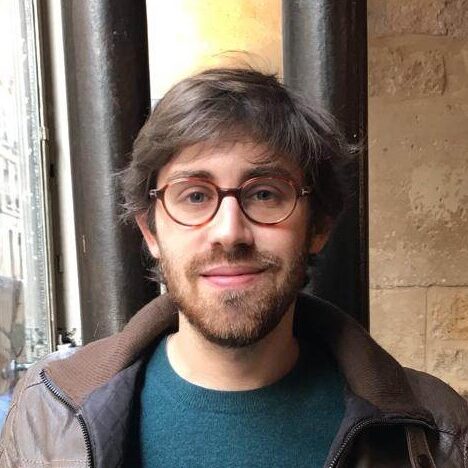Who are we ?
The scholars involved in “Known at this Address” met through a common research interest in the persecution of Jews during the Second World War, but each researcher comes from different viewpoints and with varying levels of experience with the subject. Group members represent different generations, share their own knowledge, and offer diverse perspectives on the topic. Through meetings and exchanges, the collective critically examines sources, methods, and approaches to studying anti-Jewish persecution.
Each member’s analyses are based on robust empirical studies, providing another commonality in the collective work. These similar interests exist alongside different methodological approaches including the use of first-person testimonies, the creation of maps and databases drawn from the sources consulted, and the tracing of trajectories though the use of diverse archives, especially those not usually associated with anti-Jewish persecution.
Finally, we all work with space, which is not only a tool for highlighting individual actions, but also a means to explain and to analyze those actions. Our studies examine where space (at various scales) and social dynamics intersect in order to shed light on the mechanisms and processes of daily persecution in ordinary urban spaces before, during, and after the disappearance of Jews from their residences (due to arrests, deportations, expulsions, or flight). This approach led us to conduct our research projects on scales and spaces ranging from individual buildings to entire cities and from Paris, France (home to the largest number of Jews in Western Europe in the 1940s) to the Balkans and the Soviet Union.
Members
Isabelle Backouche
Isabelle Backouche is Professor at EHESS (Centre de Recherches historiques). As a historian, her research focuses on urban change by articulating social and material transformations of the city. In the wake of her first book, drawing on her PhD thesis (La Trace du fleuve. La Seine et Paris, 1750-1850, Ed. de l’EHESS, 2000 [reed. 2016]), she has been grounding her analyses in the spatial dimension of the actors’ logics and she takes great care that all actors’ voices be heard. These are the heuristic foundations of the urban history she practises. Her recent investigations have led her to explore Paris as fieldwork, in particular the insalubrious block n° 16 in the south of the Marais neighbourhood. She examines the motivations accounting for this urban development carried out under Vichy, showing that the transformation of the city cannot be isolated from the multiplicity of contexts it is set in, whether political or aesthetic (Paris transformé. Le Marais 1900-1980: de l’îlot insalubre au secteur sauvegardé, Creaphis, 2016 [reed. 2019]).
Today, along with Sarah Gensburger and Eric Le Bourhis, she is investigating the massive transfer of properties of Jewish families, who were tenants, under the occupation — a relatively unknown dispossession which resulted in the uprooting of the Parisian Jewish families who were evicted. She is also pursuing a social history project on the Zone surrounding Paris in the 20th century
Shannon Fogg
Shannon Fogg is currently professor of history in the Department of History and Political Science at Missouri University of Science and Technology. Her research focuses on the history of daily life in France during and after the Second World War. She is particularly interested in the interaction between material concerns (food and housing) and the exclusion of Jews in both rural and urban settings. These themes appear prominently her two books, The Politics of Everyday Life in Vichy France (2009) and Stealing Home (2017). Her most recent projects have focused on the geography of the Holocaust in Paris as well as international humanitarian aid networks. She has held fellowships from the United States Holocaust Memorial Museum, the American Philosophical Society, and the National Endowment for the Humanities. In 2018, she was an invited professor at the School of Advanced Studies in the Social Sciences and in 2021, she was a fellow at the Paris Institute for Advanced Study.ext to come
Sarah Gensburger
Sarah Gensburger is full research professor at the French National Center for Scientific Research (CNRS). Trained in sociology, political science and history, she has been working at the intersection of memory studies, remembrance public policy analysis and micro-history of the Holocaust. Some of her most recent work has studied memory in a time of crisis, from the Holocaust to the Covid Pandemic passing by facing terrorism in our everyday life. In 2021, she was elected President of the Memory Studies Association.
As an historian of the Holocaust, she has been working at scale of the city of Paris since 2003. She is the author, with J-M Dreyfus, de Nazi labor camps in Paris (Berghahn Books, 2011) and Witnessing the robbing of the Jews. A photographic album (Paris, 1940-1945) (Indiana University Press, 2015). For some time now, she has been working on the micro-history of the Holocaust at the crossing of Urban History, with Isabelle Backouche, first, and since 2015 with Eric Le Bourhis too. On a more personal level, she has been working on a book project retracing the history of a street of Paris during from the Holocaust to the terrorist attacks questioning the “sense of history” of inhabitants.
Cyril Grange
Cyril Grange is full research professor at the French National Center for Scientific Research (CNRS) (Roland Mousnier Center, UMR 8596 – Sorbonne University.) He works primarily on the social and economic history of the Jewish upper-classes in Paris (19-20th centuries.) These themes led him to take a particular interest in the anthropology of kinship and to participate in the development of the software Program for the Use and Computation of Kinship Data (www.kintip.org, www.kinsources.org.) In 2016, he published Une élite parisienne: les familles de la grande bourgeoisie juive (1870-1939) (Paris : CNRS Editions.) He is currently conducting research on the mechanisms of the spoliation and the restitution of property belonging to Parisian Jewish elites from 1940 to the present.
Hilary Handin
Hilary Handin is a doctoral candidate in French Studies and History at New York University. Her research interests include the Second World War and the immediate postwar period in France, the Holocaust, population displacement, collective memory, and forms of historical writing. Her dissertation, “Four Families in Exile: A Sociopolitical History of Expulsions from Alsace and Moselle, 1939-1950,” uses microhistorical methods to analyze German authorities’ expulsion of approximately 200,000 Mosellans and Alsatians to the unoccupied zone in 1940 and 1941. It reconstructs the choices made by families and local authorities as they confronted the myriad challenges posed by expulsion and its consequences. A first-person experiment in modes of writing, this work also interrogates how familial transmission of memory and historians’ own subjectivities shape the construction of historical narratives. She also researches social conflicts between Jewish and non-Jewish Parisians during the long Liberation period, particularly housing disputes. Her article « Réinsertion des juifs parisiens après la Shoah. Le cas du 66 rue Boulanger, 1944-1946 » (Histoire urbaine, n° 62, décembre 2021) draws on a multiplicity of rich sources – trial documents and police reports, associational correspondence, and census data – to study the sociospatial dynamics of Jewish tenants’ reintegration into apartments that had been re-rented to non-Jews during the Occupation, as well as the strategies mobilized by non-Jews to contest this reintegration in the courts and the streets.
Laurent Joly
Laurent Joly, full research professor at the French National Center for Scientific Research (CNRS, Center for Historical Research, EHESS), is a specialist on the Holocaust in France and on French nationalism. Notably, he has published many books in French including L’Antisémitisme de bureau. Enquête au cœur de la préfecture de Police de Paris et du commissariat général aux Questions juives (1940-1944) (Grasset, 2011), [Office Antisemitism : Investigation at the Heart of the Paris Police Headquarters and the General Commissariat for Jewish Affairs] Naissance de l’Action française. Maurice Barrès, Charles Maurras et l’extrême droite nationaliste au tournant du XXe siècle (Grasset, 2015) [Birth of French Action. Maurice Barrès, Charles Maurras and the Nationalist Extreme Right at the Turn of the 20th Century], L’État contre les juifs. Vichy, les nazis et la persécution antisémite (1940-1944) [The State against the Jews : Vichy, the Nazis and Antisemitic Persecution] (revised edition, Flammarion/Champs histoire, 2020 [2018]), and Dénoncer les juifs sous l’Occupation. Paris, 1940-1944 [Denouncing the Jews under the Occupation. Paris, 1940-1944] (updated edition, CNRS Éditions/Biblis, 2021 [2017]). Most recently, he published La Falsification de l’Histoire. Éric Zemmour, l’extrême droite, Vichy et les juifs [The Falsification of History: Eric Zemmour, the Extreme Right, Vichy and the Jews ] (Grasset, 2022) and is working on an investigation into the major Parisian roundup of Jews on July 16-17, 1942. He has published English-language articles in journals such as Holocaust and Genocide Studies and the Journal of Contemporary History.
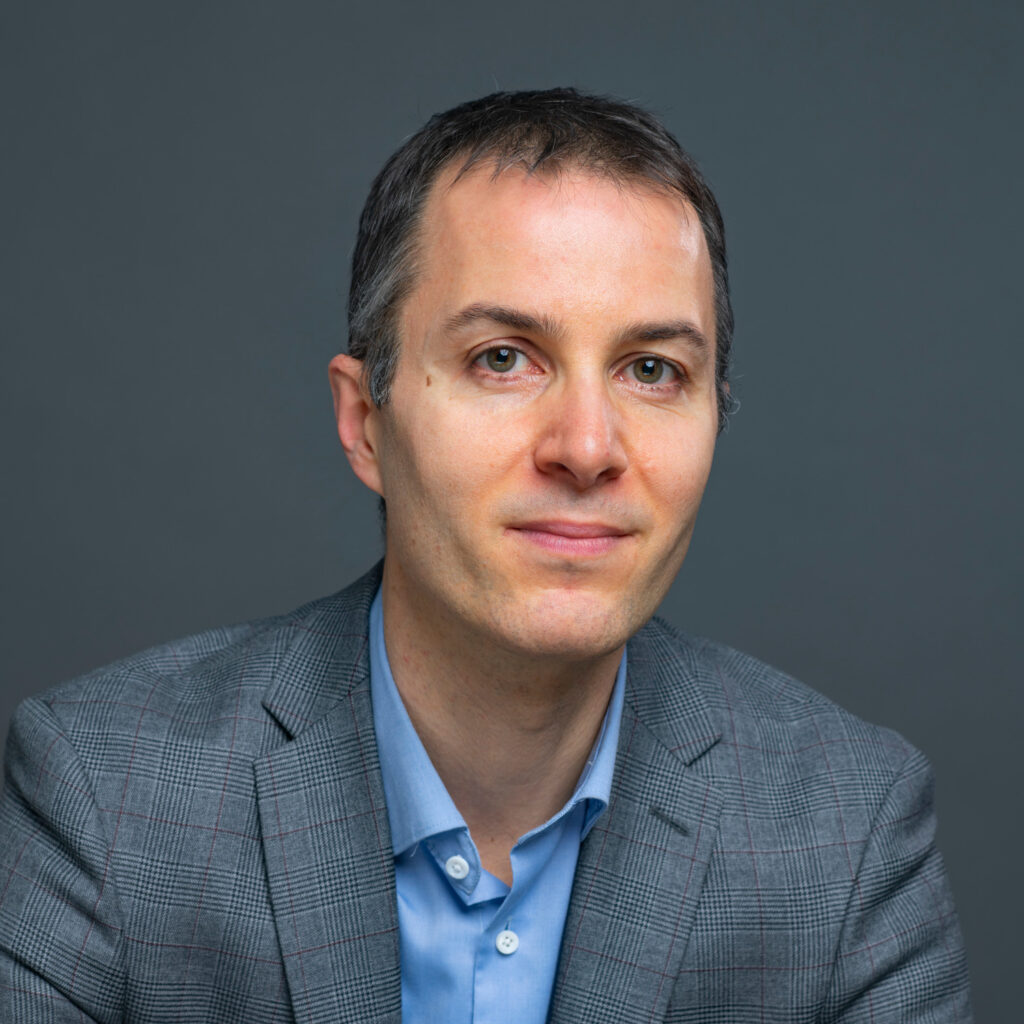
Eric Le Bourhis
Eric Le Bourhis is a historian and a member of the Europe-Eurasia Research Center and lecturer in Latvian language and civilization at INALCO (Paris). His research is situated in the fields of urban history, Holocaust history, and architectural history, depending on the project. He is the author of a doctoral thesis (2015) on the transformation of the Soviet city of Riga between 1945 and 1990, which won the special thesis prize from the French Society for Urban History (2016) and a research prize from the Academy of Architecture (2017). His current work focuses on the daily persecution of Jews under German occupation during the Second World War in Riga and in the Paris region.
Maël Le Noc
Maël Le Noc is a geographer whose research focuses on spatial dimensions of the Holocaust. He received a Ph.D. in geography from Texas State University in August 2021. His dissertation examined the effect of anti-Jewish persecution on the everyday geography of two Parisian districts, using survivor’s testimonies, archival records, and Geographic Information Systems (GIS) technologies. Currently, Maël is a postdoctoral fellow of the Fondation pour la Mémoire de la Shoah and an affiliated researcher at the Institut des Sciences Sociales du Politique, at the University Paris Nanterre. His postdoctoral research concentrates on the Parisian geography of the immediate aftermath of the Holocaust. He collaborates with several transdisciplinary research groups, in France and internationally, including the Holocaust Geographies. Collaborative. His research has been supported by multiple institutions, including the Holocaust Educational Foundation and the Phi Kappa Phi Honor Society, and he has been awarded fellowships from the USC Shoah Foundation Center for Advanced Genocide Studies and the US Holocaust Memorial Museum Jack, Joseph and Morton Mandel Center for Advanced Holocaust Studies.
Constance Pâris de Bollardière
Constance Pâris de Bollardière is a historian whose work focuses on Holocaust survivors. She received her PhD from the EHESS in 2017 and is currently the Assistant Director of the George and Irina Schaeffer Center for the Study of Genocide, Human Rights and Confliction Prevention at The American University of Paris. Her doctoral research on Jewish Labor Committee’s support for the reconstruction of Jewish life in France between 1944 and 1948 explored the mutual aid networks of Yiddish associations in the cities of Paris and New York. Following on her PhD, she is now focusing in more detail on one of the main addresses of postwar Yiddish Parisian reconstruction, the “home of Jewish intellectuals” located at 9 rue Guy-Patin. In this building of the Gare du Nord area, dozens of Jewish immigrants from Eastern Europe, among them many artists and intellectuals from Poland, shared a collective living and creative experience which lasted over a period of three years (1947-1950). The second part of her current research deals with Holocaust survivor testimony, from early productions in Yiddish to more recent collections of video interviews.
Simon Perego
Simon Perego is agrégé d’histoire,associate professor in contemporary history at the INALCO (department of Hebrew and Jewish studies), and member of CERMOM. His research focuses on Holocaust remembrance, the Jews of France, and Yiddish culture. Awarded the Francophone Ph.D. Prize in Jewish Studies (2017) and the Chancellerie des Universités de Paris’ Henri Hertz Prize (2018), his doctoral research was published in French by Champ Vallon in 2020 under the title Pleurons-les. Les Juifs et la commémoration de la Shoah, 1944-1967. Part of his work questions the urban inscription of memorial practices through the study of commemorative rituals (ceremonies, monuments, plaques) and from the Parisian case.
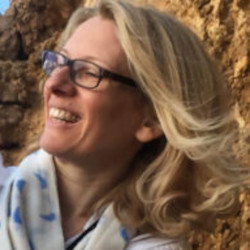
Nadège Ragaru
Prof. Dr. Nadège Ragaru is Research Professor in history and political sociology at Sciences Po Paris. She was previoulsy Reid Hall Fellow at Columbia University and Visiting Scholar at Oxford University. Her research focuses on the history, historiography and memory of the Holocaust in Southeastern Europe, as well as on the trials of war criminals at the end of the Second World War (Bulgaria) and in the 1960s (West Germany). Her book “And the Bulgarian Jews were saved…” A History of Knowledge about the Holocaust in Bulgaria, Paris: Presses de Sciences Po, 2020, traces over a period of seventy-five years the constitution, reformulations and controversies relating to the history of the Jews of Bulgaria (in its pre-1941 borders) and of the Bulgarian-occupied Yugoslav and Greek territories (1941-1944). Prof. Ragaru also works on the postwar legal recokoning with the Holocaust in Eastern Europe and has coordinated the thematic issue “Visual, sound and textual writings of justice: another history of trials in the East,” Cahiers du monde russe, 61/3-4, 2020, p. 275-498 – an extension of an ANR directed by Vanessa Voisin (University of Bologna) –, whose focus is on the methodogical issues pertaining to the uses of visual, sound and scriptural sources. Questions of spatiality in the anti-Jewish persecutions have been the subject of several projects relating to the roundsup and liquidations of Jewish property in Bitola (North Macedonia) and Sofia (Bulgaria), as well as the cartographic scrutiny of a 1943 visual archive on the Jewish deportations from northern Greece (an article co-authored with geographer Maël Le Noc was recently publishe in Holocaust and Genocide Studies).
